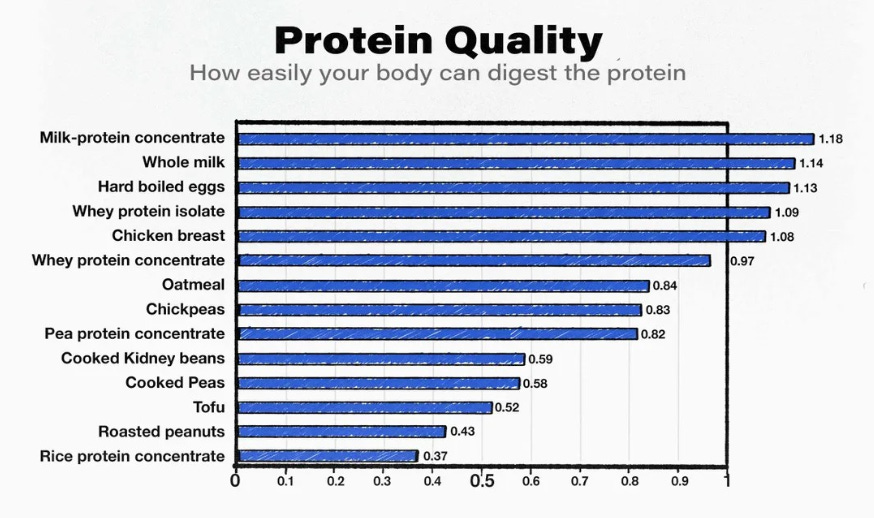· weight loss · 7 min read
Does vaping help you lose weight?
In the world of weight loss, countless fads and trends have come and gone, promising quick and easy results. One of the more recent claims to emerge is that vaping
In the world of weight loss, countless fads and trends have come and gone, promising quick and easy results. One of the more recent claims to emerge is that vaping – the act of inhaling aerosol from electronic cigarettes or vaping devices – may aid in shedding excess pounds. However, as with many weight loss claims, the reality is more complex, and the scientific evidence remains inconclusive. In this article, we’ll delve into the potential link between vaping and weight loss, separating fact from fiction and exploring the risks and potential downsides.
The Proposed Mechanisms Behind Vaping and Weight Loss
Proponents of the idea that vaping can help with weight loss often point to a few potential mechanisms that may contribute to weight reduction. One commonly cited factor is appetite suppression, with some vapers reporting feeling less hungry after using their devices. This effect is sometimes attributed to the nicotine content in vaping liquids or the flavoring ingredients used.
Another proposed mechanism is the concept of vaping as a replacement behavior for the hand-to-mouth habit associated with smoking traditional cigarettes. By replacing the act of smoking with vaping, the theory suggests that individuals may be less likely to engage in mindless snacking or other behaviors that can contribute to weight gain.
Additionally, some claim that nicotine, a primary ingredient in many vaping liquids, may have a metabolic-boosting effect, potentially increasing the body’s rate of calorie burning. However, the evidence for this claim is limited, and the potential impact on weight loss is unclear.
Despite these proposed mechanisms, it’s important to note that much of the support for the link between vaping and weight loss is anecdotal, with many vapers reporting weight loss after switching from smoking to vaping. However, personal experiences and testimonials do not constitute scientific proof, and more rigorous research is needed to establish a direct causation.
What Current Research Shows
While anecdotal reports and proposed mechanisms may suggest a potential link between vaping and weight loss, it’s crucial to examine what current scientific research has to say on the matter. Unfortunately, as of now, there is limited high-quality research specifically exploring the direct effects of vaping on weight.
One of the few studies that have delved into this topic was published in 2019 in the journal Nicotine & Tobacco Research. The study followed a group of adult smokers who switched to vaping over the course of a year. The researchers found that, on average, participants experienced modest weight loss – around 7.5 pounds – during the study period. However, the reasons behind this weight loss were not entirely clear, and the study had limitations, including a relatively small sample size.
On the other hand, several other studies have found no significant difference in weight change between vapers and non-vapers. A 2018 study published in the journal PLOS ONE, for instance, examined data from a large national survey and found no association between vaping and changes in body mass index (BMI) or weight.
The challenge in determining whether vaping directly contributes to weight loss lies in the difficulty of isolating the effects of vaping from other lifestyle factors that may influence weight. Many individuals who switch from smoking to vaping may also make other positive changes, such as increasing physical activity or improving their diet, which could contribute to weight loss.
Ultimately, more long-term, rigorous research is needed to fully understand the potential impact of vaping on weight. Larger, controlled studies that account for confounding variables and follow participants over an extended period are necessary to draw more definitive conclusions.
Potential Risks and Downsides of Vaping
While the potential weight loss effects of vaping remain uncertain, it’s important to consider the potential risks and downsides associated with this practice. One of the most significant concerns is the addictive nature of nicotine, which is present in many vaping liquids. Nicotine is a highly addictive substance, and long-term use of vaping products can lead to dependence and withdrawal symptoms when attempting to quit.
Additionally, there is growing evidence that vaping may have negative impacts on lung health. Several studies have linked vaping to lung injuries and respiratory issues, such as bronchiolitis obliterans (popcorn lung) and other forms of lung damage. The long-term effects of inhaling the various chemicals and flavorings present in vaping liquids are not yet fully understood.
Another concern is the lack of regulation and quality control in the vaping industry. Many vaping products are manufactured without strict oversight, leading to potential inconsistencies and potential exposure to harmful substances or contaminants.
It’s important to note that vaping is a relatively new phenomenon, and the long-term health impacts are still being studied. While it may be less harmful than smoking traditional cigarettes, vaping is not without risks, and the full extent of those risks is not yet known.
Healthier Approaches to Weight Management
Given the lack of solid evidence supporting the use of vaping as a weight loss solution and the potential risks involved, it’s generally advisable to focus on proven, healthier approaches to weight management. These include adopting a balanced, nutritious diet rich in whole foods and engaging in regular physical activity tailored to one’s fitness level and goals.
Additionally, addressing factors such as stress management, adequate sleep, and overall lifestyle habits can play a crucial role in achieving and maintaining a healthy weight. Working with a qualified healthcare professional, such as a doctor or registered dietitian, can help individuals develop a personalized plan that addresses the root causes of weight concerns rather than relying on unproven quick fixes.
It’s important to approach weight management with a holistic, sustainable mindset rather than seeking out potentially risky or unsubstantiated methods. While the allure of a seemingly easy solution like vaping for weight loss may be tempting, prioritizing proven, healthy lifestyle changes is likely to yield more lasting and positive results without compromising one’s overall well-being.
Conclusion
In the quest for effective weight loss strategies, the idea of vaping as a potential aid has gained some traction, fueled by anecdotal reports and proposed mechanisms. However, as this article has explored, the scientific evidence supporting a direct link between vaping and weight loss remains limited and inconclusive.
While a few small studies have suggested modest weight loss in some adult smokers who switched to vaping, the reasons behind these changes are not well understood, and other research has found no significant association between vaping and weight changes. Additionally, the challenge of isolating the specific effects of vaping from other lifestyle factors makes it difficult to establish causation.
Furthermore, it’s crucial to consider the potential risks and downsides associated with vaping, including nicotine addiction, lung damage, and unknown long-term health impacts. As a relatively new practice, the full extent of the risks and consequences of vaping is still being studied and understood.
Ultimately, while the allure of a seemingly easy weight loss solution like vaping may be tempting, it’s generally advisable to focus on proven, healthier approaches to weight management. These include adopting a balanced diet rich in whole foods, engaging in regular physical activity, and addressing factors such as stress management and adequate sleep.
Working with qualified healthcare professionals, such as doctors or registered dietitians, can help individuals develop personalized, sustainable plans tailored to their specific needs and goals, addressing the root causes of weight concerns rather than relying on unproven or potentially risky methods.
As with any health-related decision, it’s essential to weigh the potential benefits against the risks and to prioritize approaches backed by solid scientific evidence and a commitment to overall well-being.






